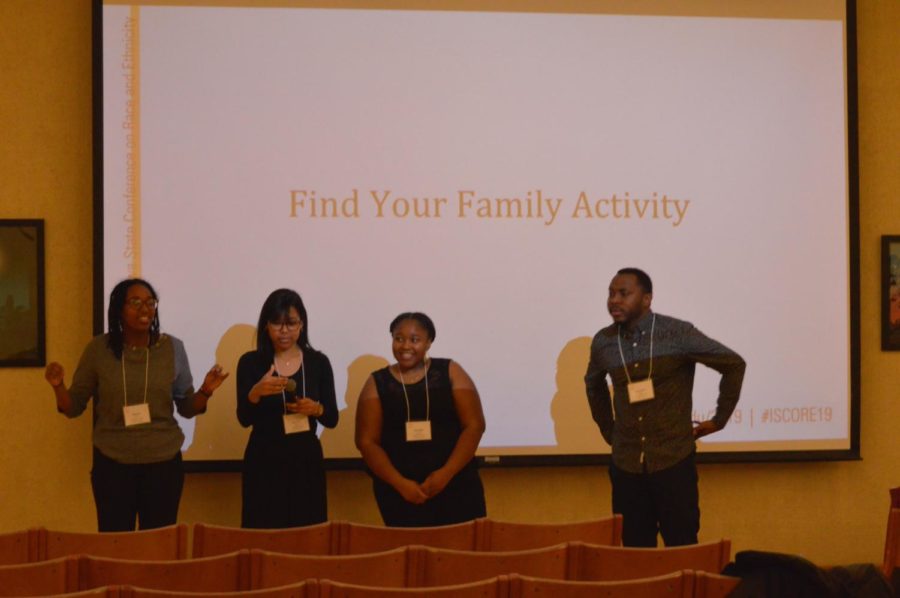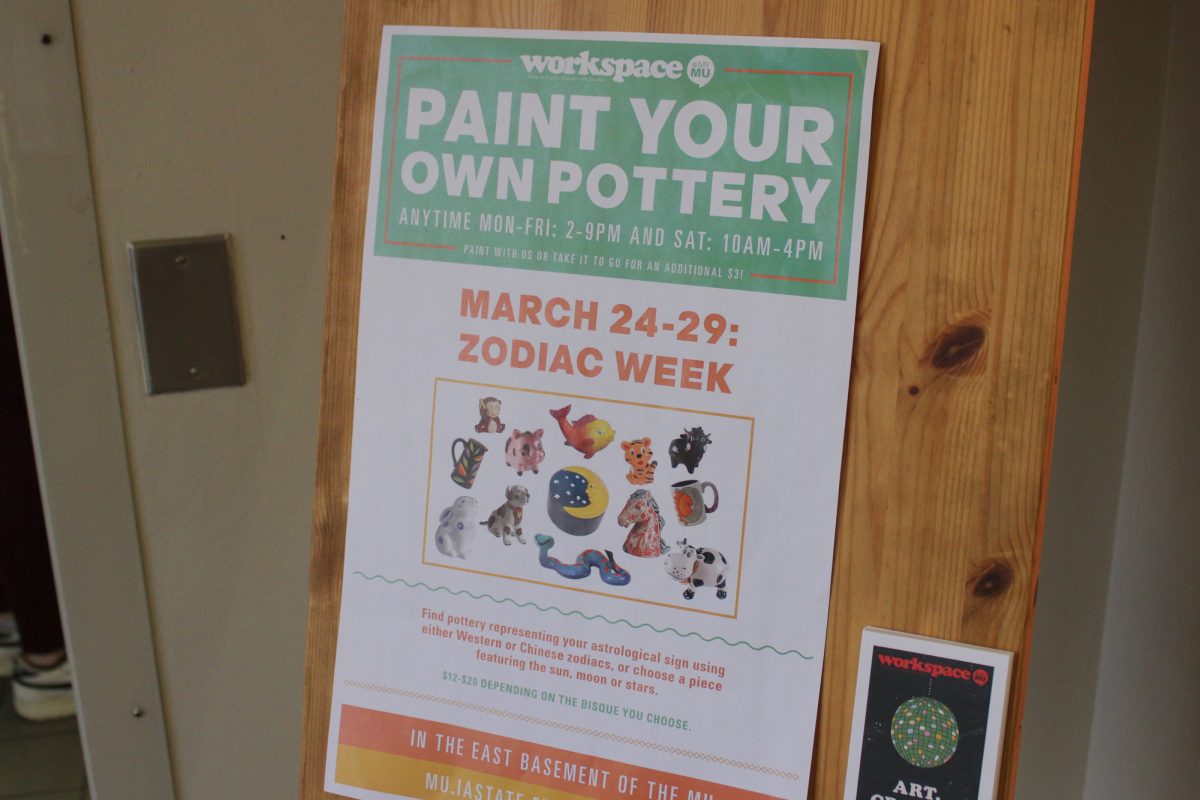11 to 11:50 a.m.: Students present on the effects of colorism on the Latinx community
NCORE-ISCORE Project Scholars: Nahla Atroon, freshman in communication studies, Fabrice Eteka, senior in electrical engineering; Madeline Sikes, sophomore in sociology; and Satoria Wiliams, senior in psychology talked racial relations at the ISCORE Conference Friday. Together they led the session “Do I Got too Much Melanin?? (Asking for a friend): The Effects of Colorism within the Latinx Community. The sessions discussed the effects that colorism has on students within the Latinx population at Iowa State.
February 24, 2019
Iowa State students discussed the effects of colorism on Latinx students at Iowa state as they pertain to psychological, physical, financial and social wellness.
Nahla Atroon, freshman in communication studies; Fabrice Eteka, senior in electrical engineering; Madeline Spikes, sophomore in sociology; and Satoria Williams, senior in psychology, presented their work and research as members of the NCORE-ISCORE Latinx group.
Attendees were shown pictures and asked to identify quickly and silently how they would identify the pictured individual’s race or ethnicity. After all the pictures were shown and participants wrote down their answers audience members discussed and reflected aloud why they made the choices they did.
While responses ranged from white, black, Latinx, Afro-Latinx and multiracial, all celebrities shown have self-identified as Latinx.
Williams said this was due to colorism and certain societal perceptions of how Latinx individuals are “supposed” to look.
Participants took part in a “find your family” activity where, without looking, attendees were given an animal. They were only able to find animals like them by making the noise associated with the animal they were assigned.
The animals chosen were more common or less common to reflect different or underrepresented identities, showing how minoritized identities have a harder time finding community in a large, predominately white setting like Iowa State, said Spikes.
Spikes said that at Iowa State specifically, minoritized identities make up 14 percent of Iowa State’s populations, and that Latinx individuals make up only five percent of Iowa State’s undergrad population.
Of the 1,700 surveys sent to students, Atroon said, 131 responses were collected. The group’s study found that roughly 70 percent of respondents felt colorism affects the Latinx community. Atroon said a majority of those who responded reported having a lighter skin tone.
Generally, according to their report, the presenters found a trend between students who reported being of a darker skin tone being more frequently aware of their race and students of a lighter skin tone reported being less aware of their race and believing they would be more accepted.
However, one respondent who reported being of a lighter skin tone, Atroon said, reported feeling a severe lack of belonging within the Latinx community, feeling “whitewashed” and that they didn’t fit in anywhere.
While doing prior research Spikes said she found that darker skinned Latinx women had disproportionately higher rates of depression and poor self image, as well as higher rates of depressive symptoms in Afro-Latinas.
Attendees were encouraged to think about how they participate in colorism and racism, how these systems affect their communities and identify actions to challenge them.







